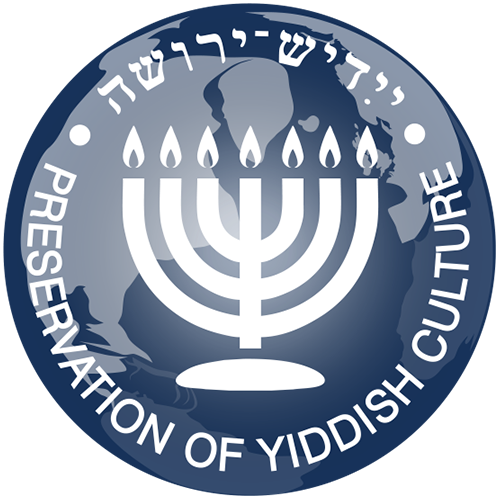Yiddish Cinema, Radio and TV
The new millennium is witnessing a resurgence of Yiddish cinema. This is partly due to the growth of Yiddish-speaking Hasidic communities, whose secluded lifestyle seems exotic and intriguing to the general public. Such are the feature films “Romeo and Juliet in Yiddish” (2010), “Felix and Meira” (2014), “Menashe” (2017), and the German-American mini-series “Unorthodox” (2020).
Boris Sandler, a contemporary Yiddish writer, released a series of video talks of Yiddish writers and poets who are no longer alive. However, the departure of the old generation authors is now being compensated by new talents whose Yiddish activity attracts the interest of filmmakers. For example, modern Yiddishists from different countries speak in the 2020 documentary called Yiddish made by the Parisian director Nurith Aviv. Numerous conversations with contemporary authors have been filmed by the National Yiddish Book Center in Amherst and by the literary online magazine Yiddish Branzhe, both based in the US.
The weekly TV program Yiddishkeit broadcast in Birobidzhan contains a variety of materials in Yiddish. The radio program Dos yidishe kol (The Yiddish Voice) is broadcast every Wednesday in Boston. Almost every day, online Yiddish radio programs are posted by American Hasidim on the website Yiddish24, where several dozen presenters regularly speak on a variety of topics.
These examples, far from being exhaustive, allow the listeners and viewers to immerse themselves into the atmosphere of modern Yiddishland, to appreciate today’s development of the language in a direct way. Thanks to the Hasidic media channels, one can also get acquainted with the characteristics of the predominantly Austro-Hungarian dialect that is spoken in the Yiddish-speaking neighborhoods of New York and other places with large populations of native speakers.
